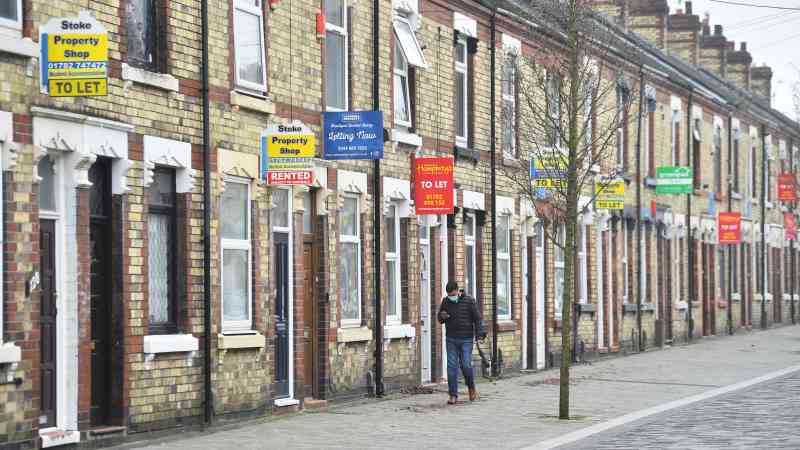Mortgage approvals rose to a two-year high last month as buyers snapped up properties ahead of the Bank of England’s first interest rate cut in four years.
Official figures from the Bank show that the number of new mortgages rose to 62,000 in July, the best month since September 2022 and up from 60,000 in June. The figure was in line with economists’ expectations.
The Bank cut interest rates at the start of August from 5.25 per cent to 5 per cent and at least one more reduction is expected before the end of the year, helping drive down mortgage lending rates after more than two years of monetary tightening.
The volume of mortgage lending also expanded last month to £2.8 billion, the highest in nearly a year and up from £2.6 billion the previous month. Lending rates on fixed five-year mortgages have now fallen below 4 per cent for the first time since the start of 2024.
Buyers entered the market as house prices fell outright in July and posted another 0.2 per cent month-on-month decline in August, according to latest figures from Nationwide.
Rob Wood, chief UK economist at Pantheon Macroeconomics, said mortgage approvals were on course to grow further in August, with the base rate reduced.
“Lower borrowing costs, along with households already saving enough to build real liquid assets, suggest consumers can raise spending in line with income for the rest of this year, powering GDP growth,” he said.
Growing demand for housing should help support prices, which are on course to grow by up to 5 per cent by the end of the year.
Thomas Pugh, economist at RSM, a professional services firm, said: “We think the dip in prices in August is a blip and that house prices and activity will continue to recover this year as household incomes rise and interest rates fall, boosting affordability.”
Falling borrowing costs also boosted consumer credit last month, which hit £1.2 billion in July, a jump of £300 million on the month. The increase was driven by households taking out financing deals for cars and personal loans, which rose by £300 million in August.
Paul Dales, chief UK economist at Capital Economics, said: “These figures suggest that households’ finances are in a reasonably good shape and are consistent with consumer spending strengthening over the coming quarters.”
